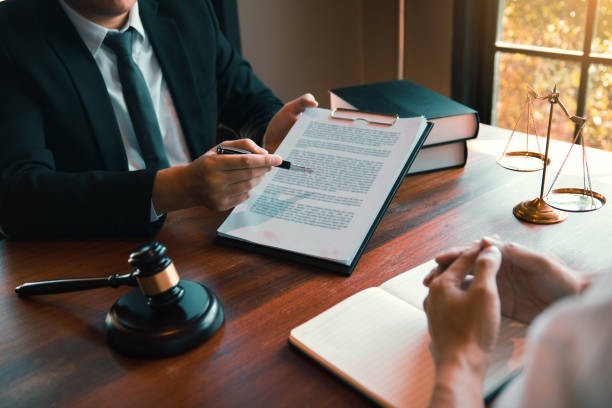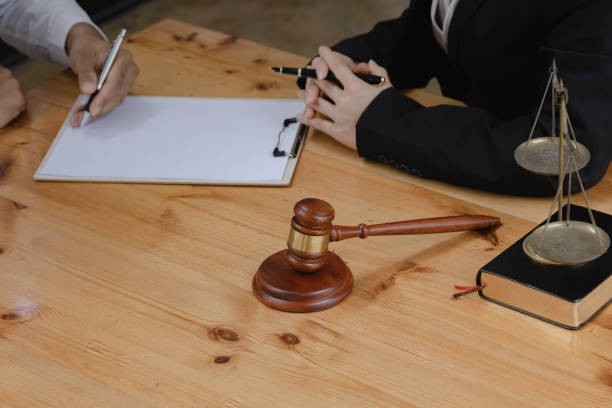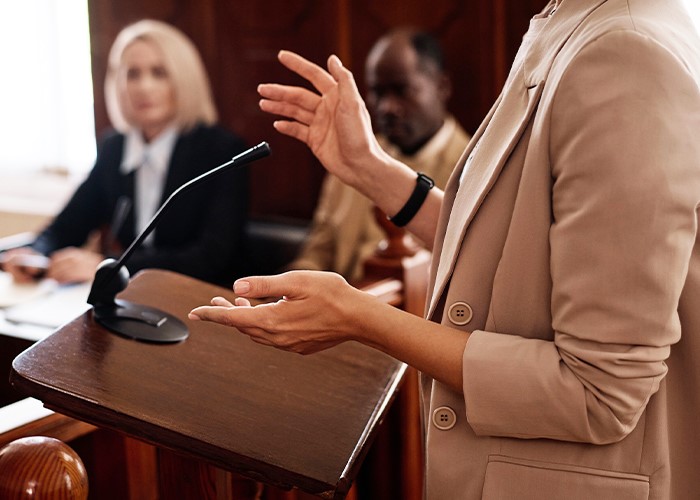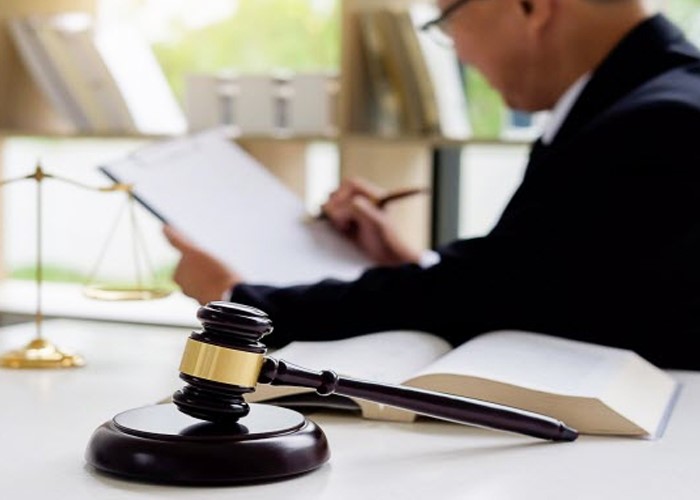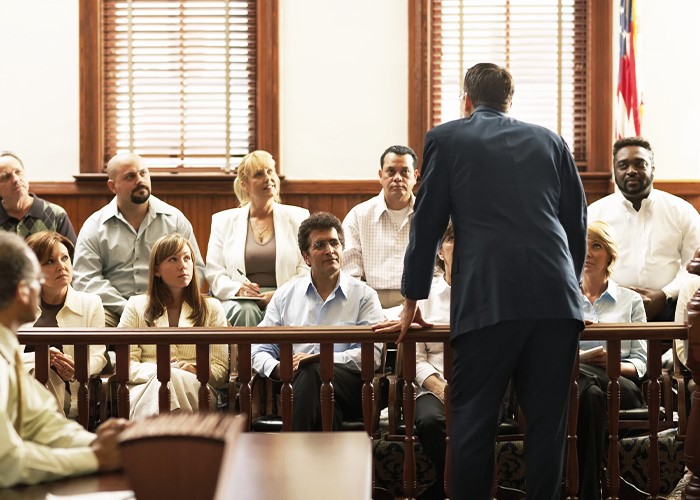What Makes a Juror Ideal? Key Factors in Jury Selection

Jury selection is a vital part of the court process. Picking the right jurors can impact the fairness and outcome of a trial. But what makes someone an ideal juror? Let’s explore some key factors that come into play during this selection process and how effective strategies shape the jury.
Traits of an Ideal Juror
An ideal juror must have certain qualities to make balanced decisions. Here are some of the most important ones:
- Impartiality: One of the main factors is neutrality. A juror should have no personal interest in the case or any connections to the people involved. Being open-minded and fair is essential in making just decisions based on the evidence presented.
- Good Communication: Jurors need to discuss the case with other jurors during deliberations. A good juror is someone who can express their thoughts clearly and listen to others. This ensures productive discussions and the best possible outcome.
- Critical Thinking: An ideal juror can think critically and analyze information effectively. They should be able to weigh the facts presented in court, ask important questions, and avoid being swayed by emotions or biases.
Jury Selection Strategies That Work
Attorneys use specific strategies during jury selection to identify jurors who will be best suited for their case. These strategies can influence the direction of the trial and are crucial for a fair verdict.
- Asking the Right Questions: One key strategy is asking open-ended questions that allow potential jurors to share more about themselves. This helps attorneys identify any biases or strong opinions that could affect the case.
- Body Language Observation: Attorneys don’t just listen to words; they also watch body language. Nervousness, hesitation, or strong emotional reactions can signal underlying opinions that the juror may not voice aloud.
- Striking Jurors: Attorneys can remove certain jurors if they believe they may not be impartial. This is called a “strike.” Sometimes, they have a limited number of strikes, so choosing wisely is critical to ensuring a balanced jury.
Balancing Emotions and Logic
Jury selection strategies also consider a juror’s emotional responses. While jurors need to use logic and reason, emotions do play a role in trials. A good juror will balance both, understanding the gravity of the case while also relying on the facts presented.
How Jury Selection Impacts the Outcome
The makeup of a jury can directly impact the trial’s outcome. A fair and impartial jury allows for a balanced review of the case and can prevent wrongful decisions. On the other hand, a poorly selected jury can lead to mistrials, appeals, or unfair verdicts.
The Bottom Line
Jury selection is more than just picking people at random. It requires thought, strategy, and attention to detail to ensure a fair trial. The qualities of an ideal juror—impartiality, communication, and critical thinking—play a huge role in determining the verdict. Effective jury selection strategies help attorneys build strong cases and secure just outcomes.
If you are seeking expert support in the jury selection process, Accurate Verdicts is here to guide you with professional services and insights!

